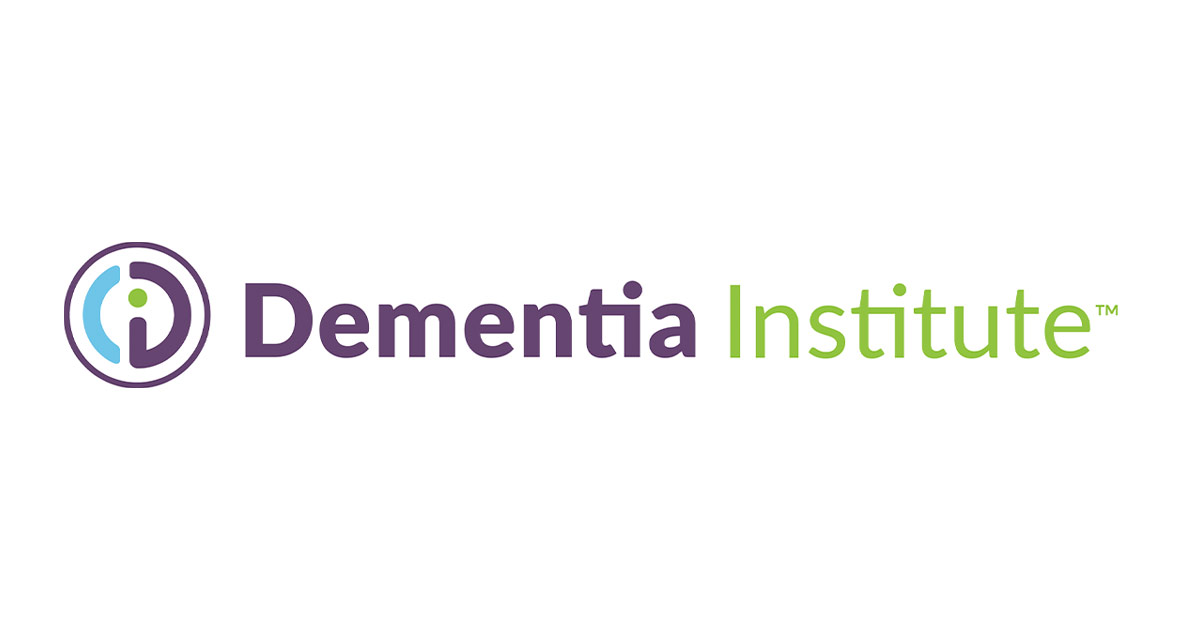When Leola Lewis was 26 years old, she suffered a severe stroke. Despite high blood pressure, high cholesterol and her family history, she didn't see it coming. After a six-week hospital stay, Lewis worked hard during inpatient rehabilitation.
"I had to learn to walk again."
Lewis' earliest symptom was a persistent headache that lasted over a week; she had no idea it might indicate a potential stroke. She's not alone.
"In 2004, only 30 percent of women realized that heart disease could be a leading cause of death for them," explained Cindy Bouma, Communications Director, Outstate MI, American Heart Association.
That year, the AHA created Go Red For Women, a social initiative designed to raise awareness of heart disease and stroke as leading causes of fatality for women. The AHA estimates cardiovascular diseases affect 44 million women in the United States. It's the leading cause of death for women, claiming more female lives each year than all cancer types combined.
Common heart disease risk factors include high blood pressure (hypertension), high cholesterol, family history and diabetes. Stress, smoking, inactivity, poor nutrition, estrogen levels and other health factors can also contribute to women's risk levels.
The good news: 80 percent of heart disease and stroke events may be prevented by lifestyle changes and education—powerful information that Go Red For Women hopes people will, quite literally, take to heart.
Potential Dangers
When you think of heart disease, you probably think of heart attacks or strokes. But venous insufficiency and peripheral arterial disease can also be related. "Statistically speaking," said Barbara Karenko, D.O., interventional cardiologist with Metro Health University of Michigan Health, "for every two people we see who have venous insufficiency, one has heart disease."
6 Expert Tips for Prevention
Genetics can play a role in heart disease, yet many factors aren't genetic. You could reduce your risk of having a heart event by heeding these words of wisdom from the experts.
- Know—and take control of—your health numbers. "At any given time, women should know their blood pressure, cholesterol (fasting) and blood sugar levels," said Bouma.
- Make yourself a priority. "I think the No. 1 thing women can do to decrease their risk of cardiovascular disease or stroke is to make sure they're taking time for themselves," said Dr. Karenko. "Women tend to be the caregivers of everyone in their family and don't give that same priority to their own health."
- Get moving. "We recommend 30 minutes a day," said Bouma. It doesn't have to be all at once. "We know from research that you can split the physical activity into three 10-minute sections or two 15-minute sections and it will have the same cardiovascular affect."
- Embrace good nutrition. What does eating healthy mean in terms of female heart health? "It's about checking your labels," said Karenko. Avoid too much sugar, sodium, fat and refined carbs. Start your meal with a large salad. "Afterward, 50 percent of your plate should be a steamed vegetable."
- Quit smoking. Approximately 1 in 5 deaths from heart disease are directly related to smoking, meaning every puff brings you one step closer to heart disease.
- Advocate for women-based research. "A lot of the early cardiovascular research was done in men," Bouma explained. "We're working hard to make sure there's equity in research."
Signs and Symptoms
Heart attacks can present differently in women than in men. Karenko notes: "You don't necessarily have the 'elephant on your chest' feeling that you read about." Possible symptoms include pain along your back, your bra line, in your arm or in your jaw. "You could have heartburn, unexpected fatigue or shortness of breath. Don't minimize your symptoms. Come in and get checked out."
Fortunately for Leola Lewis, her grandmother insisted on taking her to the hospital, where her severe stroke was diagnosed.
"I am fortunate God gave me another chance—and I'm taking it!"
Interesting Resources
www.goredforwomen.org | www.heart.org | www.acc.org | Just a Little Heart Attack short film:
Kirsetin Morello is a Michigan-based author, speaker, writer, travel-lover, wife and grateful mom of three boys. Read more about her at www.KirsetinMorello.com.




